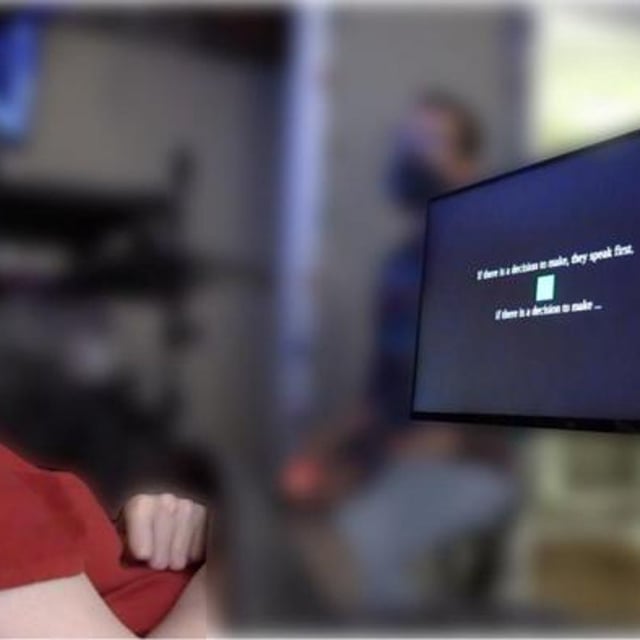Overview
- Published in Cell, the Stanford and Emory BrainGate team demonstrated real-time translation of prompted inner speech in four participants with ALS or brainstem stroke using implanted microelectrode arrays in the motor cortex.
- The system decoded imagined sentences from vocabularies as large as 125,000 words, reaching accuracy rates up to 74 percent in some tests.
- Performance varied widely, with error rates of roughly 14 to 33 percent on a 50-word test and higher error on larger vocabularies.
- Inner speech produced weaker neural signals than attempted speech, yet the decoder reliably distinguished between the two modes of speech-related brain activity.
- Occasional pickup of unintended inner speech led researchers to implement a user-controlled mental password, which the system detected about 98 to 99 percent of the time, as broader clinical use remains a future goal.


